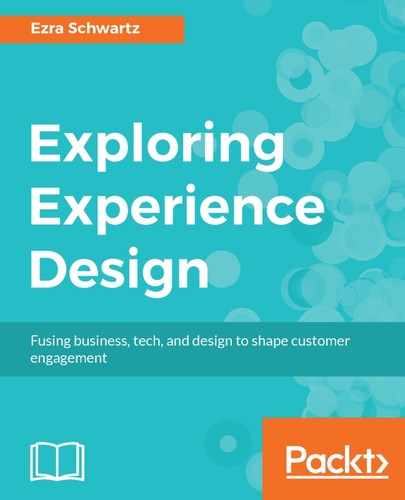I became aware of user experience design while working my first job out of college at an independent publishing company and book distributor in Chicago. I handled quality assurance of our eBook conversions and ran this arduous process of packaging and delivering hundreds of digital files to vendors such as Amazon and Apple each week. The process was mindless, time-consuming, and it absolutely needed improvement.
Fortunately for me though, I was working under a Director who had a background in Human-Computer Interaction (HCI). I went to him to learn more about what HCI was since it seemed similar to what I had studied in undergrad (which was market research, journalism, and web design). Because I expressed interest, he agreed to let me take on the redesign of what was a wildly inefficient delivery process. The result; I had my first wireframes under my belt; we sent the designs off to developers, and today a role that was once mine has been replaced by a content delivery tool that I designed.
What I took from this experience is that you don't need to be at some Fortune 50 tech company with massive name recognition to get anywhere in the design world. Start small. Look at your current situation, and if you see ways to improve an existing process, do it. Being at a small company with supportive leadership allowed me to get my start, and by the time I entered my HCI grad program, I had a leg up on other students because I had some experience in solving problems through design.
I decided to pursue a masters of Human-Computer Interaction from Depaul University. If you're considering a career in the user experience field, graduate school is one means to that end, but it's not the only option. I'm glad I went back to school, but HCI programs are very much what you make of them. There are so many routes to becoming a user experience practitioner. For me having a Masters in HCI taught me how to be more strategic in my approach. I have a deep pool of information and resources that I regularly reference in my work. For instance, I was also able to take a Design Ethnography course with a remarkable professor, Dr. Sheena, Erete, and while I'm not conducting ethnographic research in my day-to-day work, it gave me perspective and knowledge of a new approach to problem solving that has helped me with each new project I take on.
